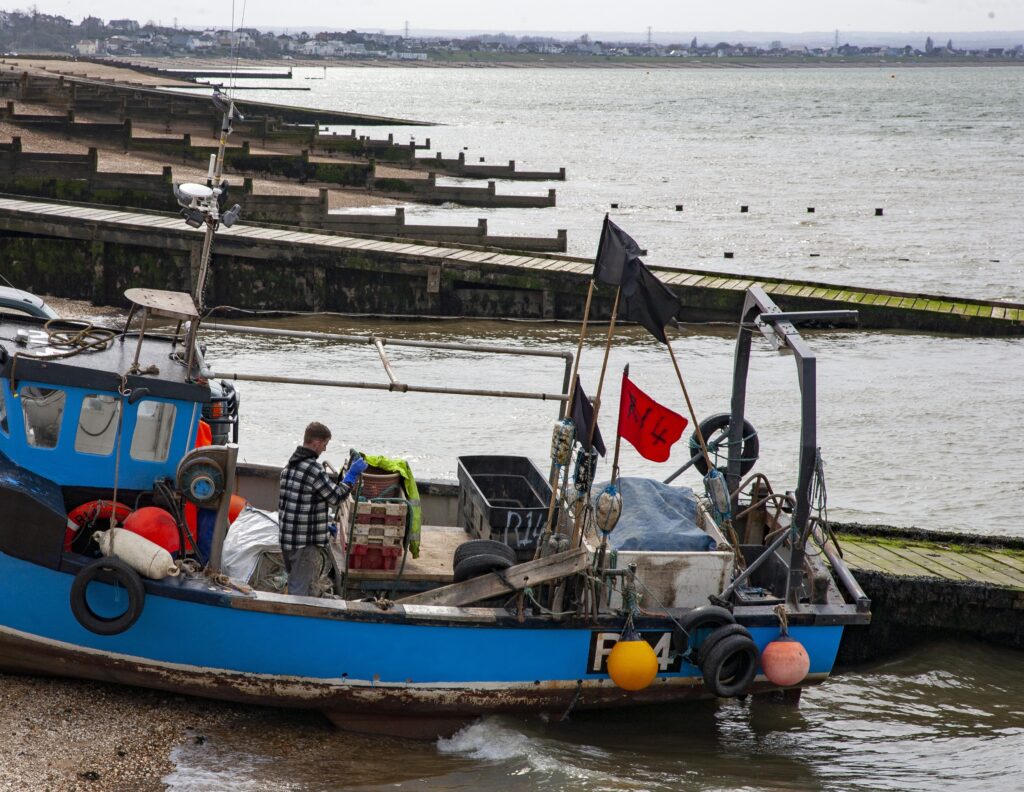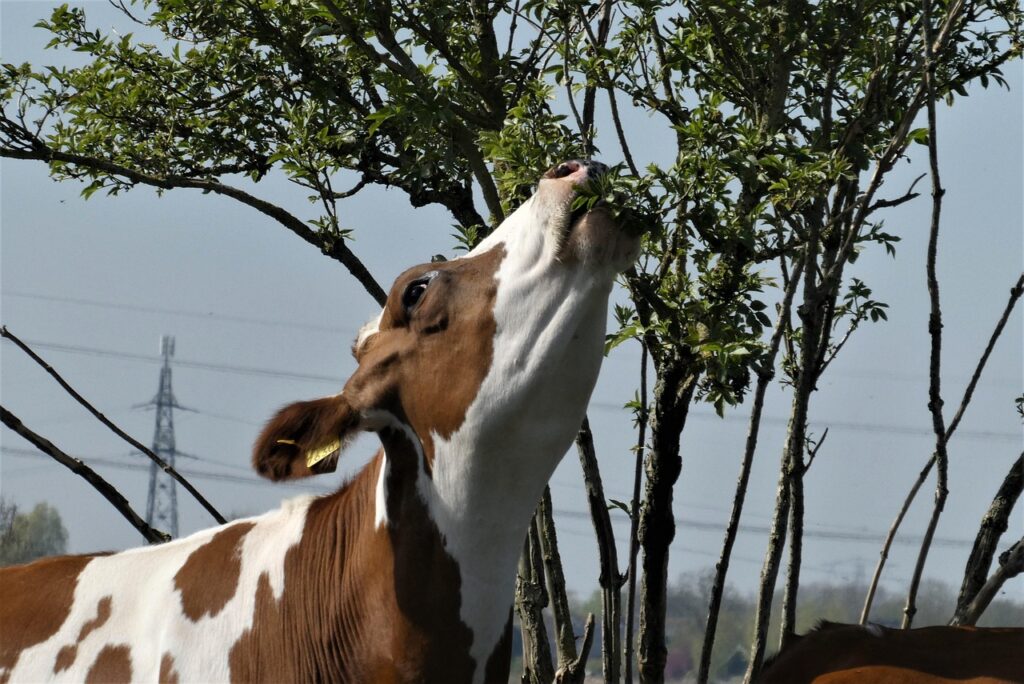The CCRI worked with the New Economics Foundation (NEF), MRAG and Cefas in 2019-20 on a project for Defra that that sought to co-design, with fisheries stakeholders, principles and criteria that can be used to define low impact fishing.
In line with Defra’s support for sustainable fisheries, the project built on the commitment in the Sustainable fisheries for future generations White Paper (2018) to “consider new criteria to define low impact inshore fishing vessels to replace the current ‘under 10 metre’ category”. What constitutes ‘low impact’ is not currently well defined and therefore there is a need to identify objective, transparent and workable criteria. Similarly, the Government’s 25 Year Environment Plan envisions management that “…accounts for, and seeks to minimise, impacts on non-commercial species and the marine environment generally”. Alongside this, the White Paper also seeks to further integrate recreational sea angling within the new fisheries framework — impacts associated with recreational sea angling were also considered as part of the project.
Through a series of consensus building deliberative workshops (in Eastbourne, Brixham and North Shields), the project explored and documented the various factors that could define low impact fisheries and identify how plans for reducing impacts of commercial and recreational fishing could be produced and updated. The final report (see link below) presents the findings from the project and makes recommendations for how principles of co-design can further help policy formulation, recognising the need to establish conditions under which developing a shared commitment to policy outcomes is possible. As Dr Julie Urquhart comments, “It is vitally important to work with fishing and angling stakeholders at the early stages of developing any potential definition for low impact fishing. Fishers, for one, know their job and the environment in which they work better than anyone, so any criteria for measuring low impact needs to be relevant, achievable, have benefits for fishers, such as improved market prices, and be agreed through consensus-building between fishing stakeholders and policy makers.”
The project was led by Chris Williams, formerly of NEF.
CCRI partners include Dr Julie Urquhart, Dr Hannah Chiswell and Nick Lewis
In line with the principles of co-design, this webpage will share outputs associated with the research project. It will allow all those who have attended workshops and others with an interest in the project work to access the various notes, presentations and other documents in order to ensure that all stakeholders are fully informed of the progress and direction of the project.
Project documentation
All available documentation relating to this project is available on the University of Gloucestershire research repository. Should you wish to comment on any aspect of the project, please contact Chris Williams via his ResearchGate page.
Project outputs
- DEFRA – Low Impact Fishing: Co-Design – Final Report
- DEFRA – Low Impact Fishing: Co-Design – Literature Review
Additional project documentation




